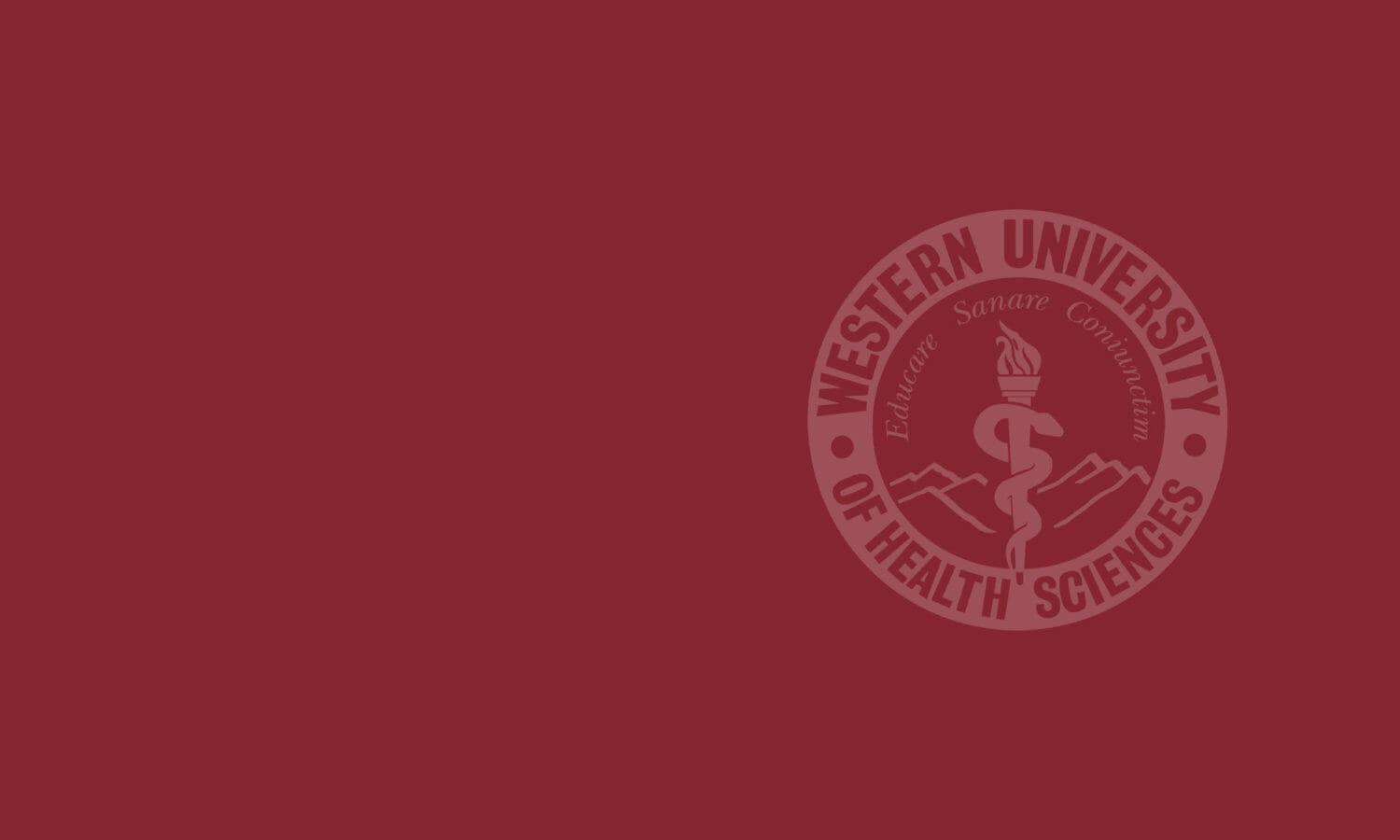Groundbreaking Training Program Helps Ensure Adequate Health Care for People with Disabilities
In response to the need women with disabilities have for even the most
basic of health care services, a new training program for health care
professionals and people with disabilities has recently been introduced by
Issues and the Health Professions (CDIHP) at Western University of
Health Sciences.
Developed for use by physicians and other health care providers, the
breakthrough Pathways? Series is a comprehensive training program stored
on CD-ROMs, which include written material, printable protocols, still
pictures and video designed to improve the delivery of health care
services urgently needed by people with disabilities.
The first phase of the program addresses the delivery of preventive breast
care to women with a wide range of disabilities. The Pathway Series
BREAST CARE includes practical instructions on adapting breast self-exam,
breast exams performed by health care professionals, and mammograms. The
price is $249.
According to LeeAnne Carrothers, PT, PhD, associate professor and director
of curriculum for the CDIHP, and the primary author of the program, too
many women with disabilities go without the most basic health care
services. Adequate breast care, including self-exams, exams in the
practitioner’s office, and mammograms are essential to overall wellness,
not to mention early diagnosis of breast cancer.
“”It’s absolutely shocking to hear the stories of women with disabilities
who have never had a breast exam,”” she said. “”Or who find they have
breast cancer when it’s too late. For those with disabilities, the program
is long overdue.””
In the past several years, the inadequacy of health care services for
people with disabilities has become more and more evident, according to
Dr. Carrothers. She said there have been a number of lawsuits brought by
disabled individuals against managed care organizations and health care
providers who failed to provide basic, necessary services.
In most cases, the individuals bringing the lawsuits have been awarded
damages, and managed care organizations are scrambling to find solutions
to this problem.
The program was a collaborative effort between Oakland-based Breast Health
Access for Women with Disabilities (BHAWD) and the CDIHP. BHAWD provided
the initial protocols from which the instructional materials were
developed.
“”BREAST CARE is only the first in a series of training modules,”” said
Brenda Premo, MBA, CDHIP director. “”We’re committed to developing a
comprehensive program that addresses major health care issues facing
practitioners and consumers with disabilities. Our goal is to integrate
this information into curricula in medical schools and other educational
settings. And we want every person with a disability to take
responsibility for his or her own care. All of these goals are
accomplished through education.””
Ms. Premo said many health care professionals have not been educated in
providing basic health care services to people with disabilities and,
therefore, focus on treating disability- related issues rather than
managing the individual’s overall health or wellness. Others do not know
how to alter current styles of care delivery to accommodate individuals
with disabilities. “”People with disabilities are usually not good
advocates for their own care,”” she said. “”As a result, even the most
routine health care services are often overlooked.””
The CDIHP has an ongoing commitment to the development of curricula and
training modules that assist health care professionals in understanding
the issues facing people with disabilities and learning how to provide
quality care. Current and future Pathways? training modules will focus on
the health care requirements of this growing patient population, and how
to address the needs of the “”whole”” person in a clinical setting. The
CDIHP works to enhance education in the health professions, and to improve
access for people with disabilities to health care services, health
education, and the health care professions.
The CDIHP Web site offers educational tools, valuable resources and links
in a number of areas related to improving healthcare for people with
disabilities. For more information, contact Premo at Western University,
Center for Disability Issues and the Health Professions, 309 E. 2nd St.,
Pomona, CA 91766, (909) 469-5380, http://www.westernu.edu/cdihp.
About the Center for Disability Issues and the Health Professions and
Western University of Health Sciences
Western University of Health Sciences established the CDIHP in 1998 in
response to the concerns of the disability community, which is one of the
nation’s fastest growing and least understood minority groups. Western
University is an independent, accredited, non-profit university, granting
post-baccalaureate professional degrees in health sciences disciplines



